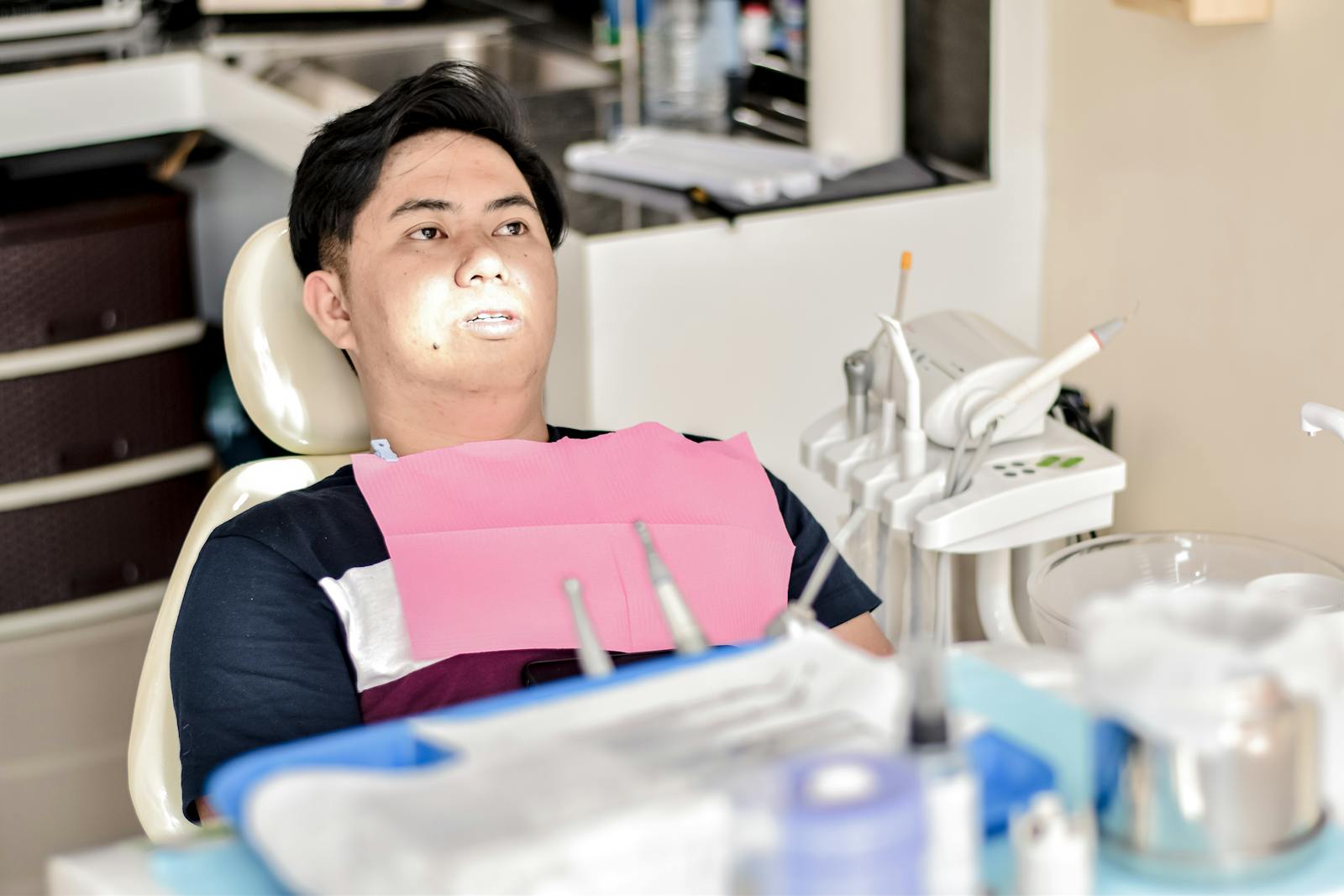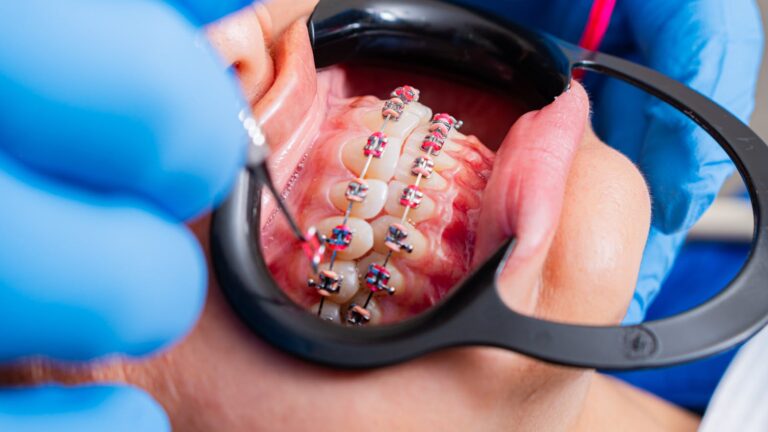General Dentist vs. Oral Surgeon for Wisdom Tooth Removal: Who Should You Choose?
If you’ve been told you need to have your wisdom teeth removed, you may be wondering: Should I go to a general dentist or an oral surgeon? While both professionals are qualified to perform wisdom tooth extractions, the best choice depends on several factors, including the complexity of your case and your comfort level. In this blog, we’ll break down the differences between a general dentist and an oral surgeon when it comes to wisdom tooth removal so you can make an informed decision.
What Does a General Dentist Do?
A general dentist is your primary dental care provider, responsible for routine exams, cleanings, fillings, and preventive care. Many general dentists also perform simple wisdom tooth extractions, especially when the teeth have fully erupted and are easy to remove.
When Can a General Dentist Remove Wisdom Teeth?
A general dentist may be the right choice if:
- Your wisdom teeth are fully erupted and positioned normally.
- There are no signs of impaction, infection, or cyst formation.
- You prefer to have the extraction done at a familiar dental office.
- You have a low risk of complications and require only local anesthesia.
Pros of Choosing a General Dentist
More convenient if you already visit the dentist regularly.
Typically lower cost compared to an oral surgeon.
Suitable for straightforward extractions with minimal risk.
Cons of Choosing a General Dentist
May not be equipped to handle complex or impacted cases.
Limited anesthesia options—usually local anesthesia only.
If complications arise, you may need to be referred to an oral surgeon anyway.
What Does an Oral Surgeon Do?
An oral and maxillofacial surgeon (OMS) specializes in surgical procedures of the mouth, jaw, and face. They have extensive training beyond dental school, including hospital-based surgical residency programs, making them the experts in handling complex wisdom tooth extractions.
When Should You See an Oral Surgeon for Wisdom Tooth Removal?
You should consider seeing an oral surgeon if:
- Your wisdom teeth are impacted (stuck under the gums or bone).
- You experience pain, swelling, or infection due to partially erupted wisdom teeth.
- Your teeth are growing at an angle (sideways or toward other teeth).
- You need IV sedation or general anesthesia due to anxiety or surgical complexity.
- You have a high-risk medical condition that requires specialized care.
Pros of Choosing an Oral Surgeon
Expertise in complex wisdom tooth extractions.
Ability to use sedation options (IV sedation or general anesthesia).
Can manage complications like cysts, infections, or nerve proximity.
Faster procedure and lower risk of complications in difficult cases.
Cons of Choosing an Oral Surgeon
More expensive than a general dentist, especially if sedation is used.
May require a separate consultation before scheduling the procedure.
Less convenient if you prefer to stay with your regular dentist.
Cost Comparison: General Dentist vs. Oral Surgeon
The cost of wisdom tooth extraction varies depending on the complexity of the procedure, location, and type of anesthesia used.
| Provider Type | Simple Extraction (Per Tooth) | Impacted Extraction (Per Tooth) |
|---|---|---|
| General Dentist | $75 – $250 | $225 – $600 |
| Oral Surgeon | $250 – $500 | $350 – $1,100+ |
Additional costs may apply for sedation, X-rays, and consultations.
Which One Should You Choose?
Here’s a quick way to determine whether a general dentist or oral surgeon is the best option for you:
- Choose a General Dentist if your wisdom teeth are fully erupted, not impacted, and you’re comfortable with local anesthesia.
- Choose an Oral Surgeon if your wisdom teeth are impacted, painful, growing at an angle, or if you prefer IV sedation for comfort.
Final Thoughts
Both general dentists and oral surgeons are capable of removing wisdom teeth, but the right choice depends on the complexity of your case and your comfort level. If your extraction is straightforward, your general dentist may be a convenient and cost-effective option. However, if you have impacted or difficult wisdom teeth, an oral surgeon is the better choice for a safer and smoother procedure.






